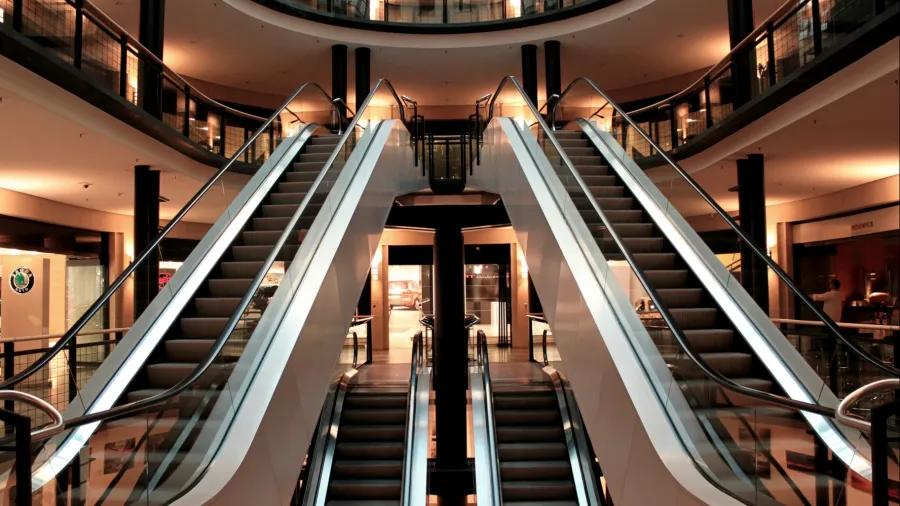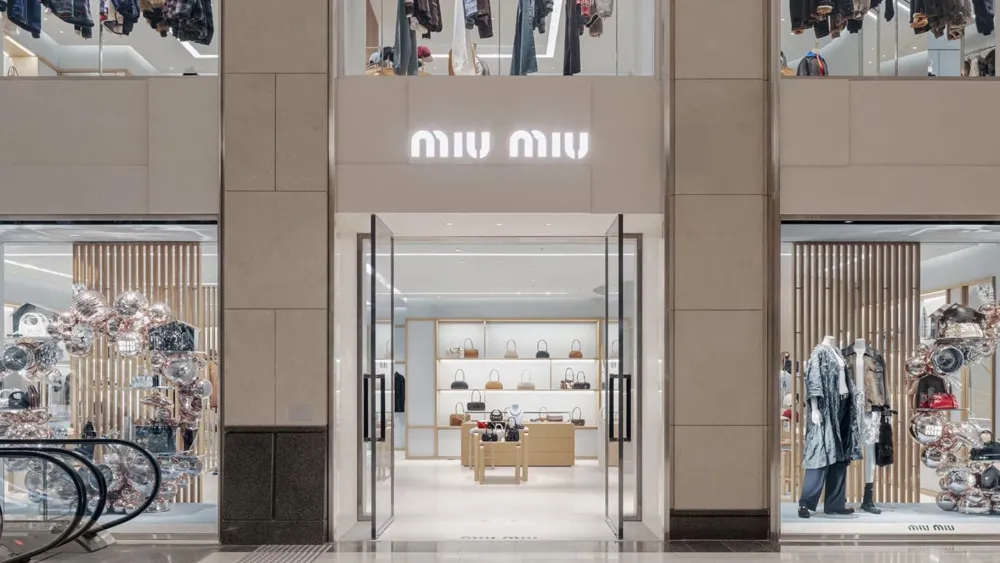
Lower consumer confidence hits South Korea's retail sector
The country’s retail sales dropped for the first time since December 2020.
The recent decline in consumer confidence in South Korea, amidst fears that a recession is imminent, has reflected in the first drop in retail sales in the east Asian country since December 2020, according to a report from Fitch Solutions.
Following a period spanning more than a year when consumer confidence was above the 100 level, the consumer confidence index has fallen from 102.6 in May to 96.4 in June and then to 86.0 in July 2022.
Likewise, retail sales were down 1.5% YoY in June, marking the first time that retail sales growth was negative since December 2020 when sales were down 2.1% YoY, and indicating that South Korea is set to experience a period of economic instability in terms of consumer spending and confidence, the report noted.
“The recent fall is due to consumer fears that a recession is imminent, as shown by rising inflation and increased debts,” Fitch said.
Fitch projected that real household spending in South Korea will grow by 2.8% YoY in 2022, and then grow by 2.6% in 2023 This will be lower than the 4.1% growth forecast for 2021, but the growth in 2021 reflected heightened consumer enthusiasm following a prolonged lockdown period during the Covid-19 pandemic, the report stated.
“In 2023, the moderation of real household spending is largely reflecting the start of a period of stability following the period of volatility in terms of spending patterns that took place during the pandemic,” Fitch added.
Last May, the South Korean government unveiled plans to provide more fuel subsidies to truck and taxi drivers that are struggling due to the recent increase in the price of diesel, seeking to help relieve the financial burden of rising fuel costs.
The decision was made as diesel prices recently surpassed gasoline prices for the first time in over a decade, due to supply disruption caused by the Russia-Ukraine war, Fitch noted.
On the other hand, supply chain issues are expected to persist, having first appeared when economies globally started to reopen in 2021, with consumers demanding products that they had little access to over 2020.
“This has and continues to place pressure on manufacturers, with bottlenecks and consumer goods shortages emerging, which has feed through into supply-side inflation,” the report added.



















 Advertise
Advertise







